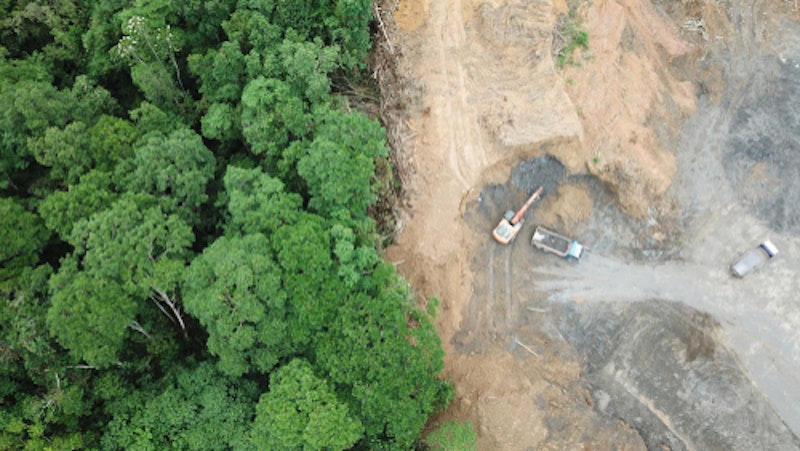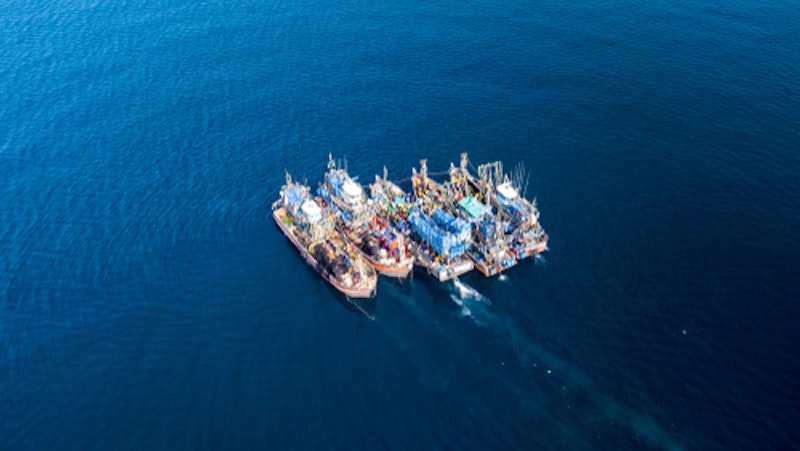Study Notes
Environmental Economics - Why is the Tragedy of the Commons a major problem?
- Level:
- AS, A-Level, IB
- Board:
- AQA, Edexcel, OCR, IB, Eduqas, WJEC
Last updated 19 Jul 2023
The Tragedy of the Commons is a problem that arises when resources that are commonly held and not privately owned are overused or misused. This occurs because individuals acting in their own self-interest do not have any incentive to conserve the resource or use it efficiently, and as a result, the resource becomes depleted or degraded.

The Tragedy of the Commons is regarded as a major problem because it leads to the depletion or degradation of important resources that are necessary for the survival and well-being of individuals and communities. This can have negative consequences for both current and future generations.
Examples of the Tragedy of the commons include:
- Overfishing: When fish populations in the ocean are not privately owned, fishermen have an incentive to catch as many fish as possible because they do not receive the full benefits of conserving the resource. As a result, fish populations can become depleted, leading to declines in fish populations and negative impacts on fishing communities.
- Deforestation: When forests are not privately owned, there is an incentive for individuals to clear land for farming or logging because they do not receive the full benefits of conserving the resource. As a result, forests can be depleted, leading to soil erosion, water quality problems, and habitat loss for wildlife.
- Water scarcity: In areas where water is not privately owned, there is an incentive for individuals to use as much water as possible because they do not receive the full benefits of conserving the resource. As a result, water can become scarce, leading to conflicts over water use and negative impacts on agriculture and other industries that rely on water.

There are a number of factors that can cause the tragedy of the commons, including:
- The resource is non-excludable. This means that it is difficult or impossible to prevent people from using the resource, even if they do not pay for it. For example, it is difficult to prevent people from fishing in a common pool of water.
- The resource is rivalrous. This means that one person's use of the resource reduces the amount that is available to others. For example, if one person overfishes a common pool of water, there will be less fish left for others to catch.
- There is no central authority to manage the resource. If there is no one who is responsible for managing the resource, it is difficult to prevent people from overusing it.

There are a number of plausible policies that might help overcome the tragedy of the commons, including:
- Private ownership. If a resource is privately owned, the owner has an incentive to manage the resource in a sustainable way. This is because the owner will lose money if the resource is depleted.
- Government regulation. Governments can regulate the use of common resources in order to prevent overexploitation. For example, governments can set quotas on fishing or grazing.
- Community-based management. Communities can develop their own rules and regulations for managing common resources. This can be an effective way to ensure that the resources are used in a sustainable way.
It is important to note that there is no single solution to the tragedy of the commons. The best approach will vary depending on the specific situation. However, by understanding the factors that can cause the tragedy of the commons, we can develop policies and strategies to help prevent it from happening.
You might also like

Why it's time for Doughnut Economics
26th December 2014

China's Forest City
15th July 2017
Inclusive Development
Study Notes
London's new Ultra Low Emissions Zone
13th April 2019
Green Bonds
Topic Videos

Pigouvian Taxes - Beyond Meat boss backs tax on meat consumption
3rd August 2021
Key Diagrams - Negative Production Externalities
Topic Videos
Daily Email Updates
Subscribe to our daily digest and get the day’s content delivered fresh to your inbox every morning at 7am.
Signup for emails